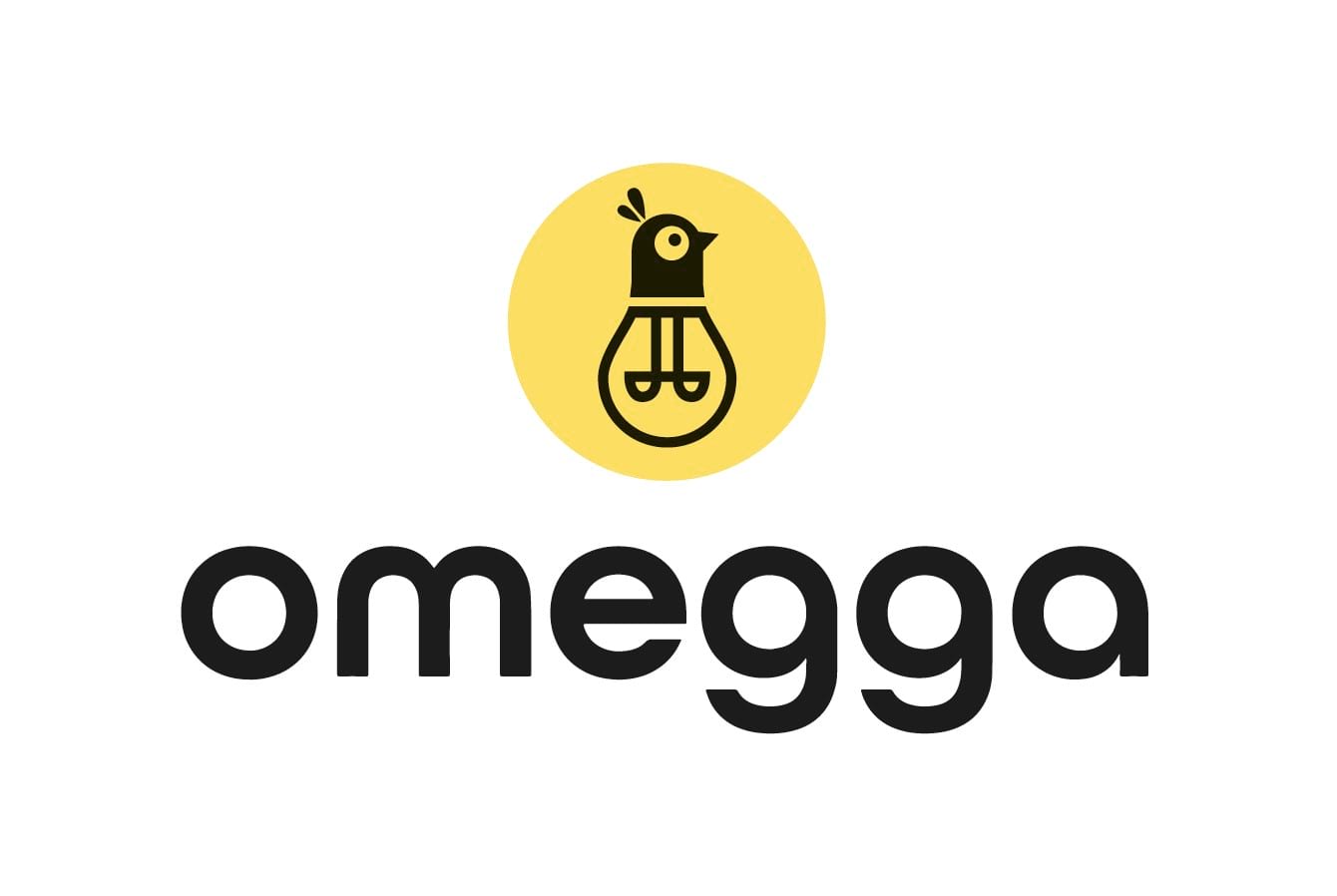robo.innovate hackathon 2022
MUNICHs robotics challenge | Grand finale 6 November

solve real-world problems with robotics
robo.innovate hackathon is Bavaria's first robotics challenge taking place on-site at Munich Urban Colab in Munich
from 6 October until 6 November.
Anyone who is passionate about robotics or tech topics can participate and solve real problems with innovative robotics solutions. robo.innovate – as a robotics hub in Munich – is collaborating with five renowned industry partners and the MakerSpace on the hackathon and provides a 4-digit prize pool distributed among the winning teams!
Find out about the different challenges right now and don't miss this unique opportunity to be part of robo.innovate hackathon 2022.
from 6 October until 6 November.
Anyone who is passionate about robotics or tech topics can participate and solve real problems with innovative robotics solutions. robo.innovate – as a robotics hub in Munich – is collaborating with five renowned industry partners and the MakerSpace on the hackathon and provides a 4-digit prize pool distributed among the winning teams!
Find out about the different challenges right now and don't miss this unique opportunity to be part of robo.innovate hackathon 2022.
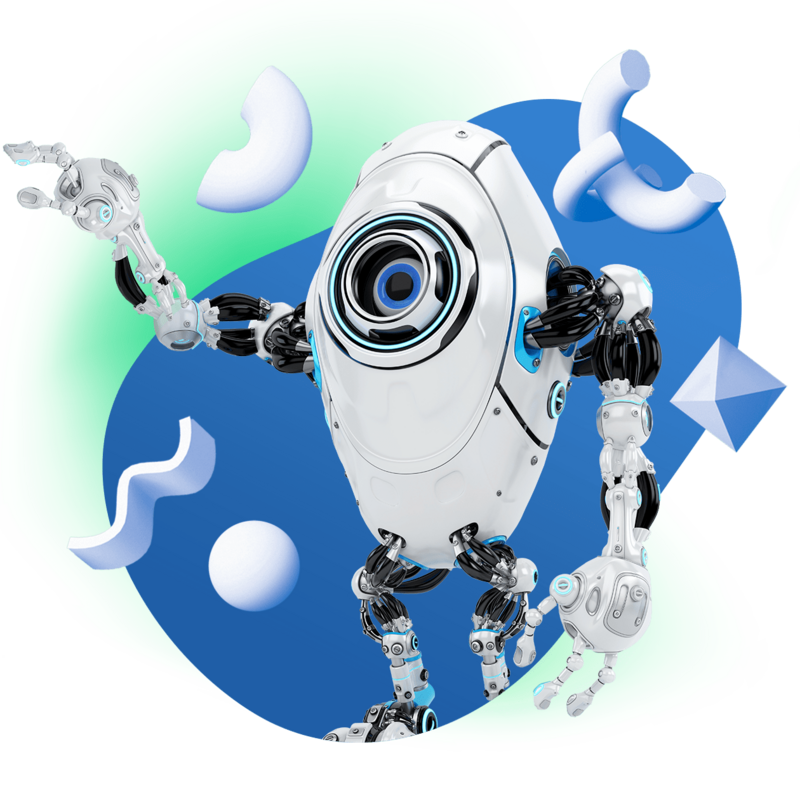

time schedule

-
Until October 1 (EOD), you can register under the following link as an individual or as a team for the hackathon: https://forms.gle/cqhRNuqXRgNT.... You can state your preferences for the challenges that sound most interesting for you and we will let you know after the registration deadline what challenge you or your team has been assigned to. Due to on-site capacity restrictions, we can only accept registrations up to a certain number. Speed is everything - register now!
-
Our kick-off event will take place on-site in the Munich Urban Colab (https://www.munich-urban-colab...). During our kick-off event, teams will learn all relevant details about the various challenges and get to know their personal mentors. After a joint lunch break, every team will get creative in a guided brainstorming session applying most up-to-date brainstorming tools and techniques to develop initial ideas that could solve their challenge. To get some initial feedback from everyone participating, we will host a brief pitch from every team with their most promising ideas. The day is closed by a food- and drinks-supported get-together.
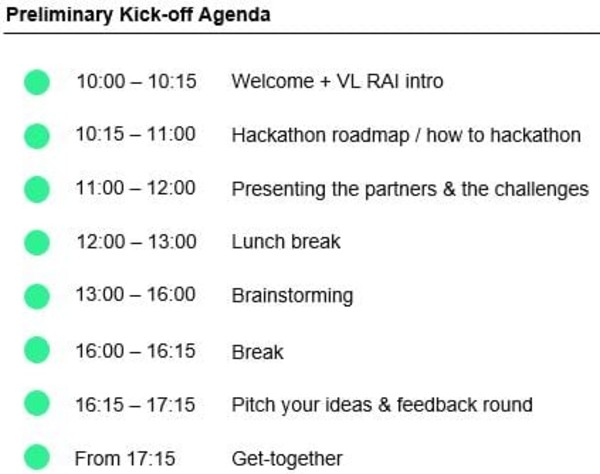
-
After the kick-off, we plan a 3 to 4 weeks concept phase focusing on one idea to be refined as preparation for the hackathon weekend. During the concept phase, your mentors offer dedicated time slots every week to discuss questions and ideas. Every Thursday, we will come together and discuss certain milestones for you to get feedback from everyone participating in the hackathon. The fourth week can be utilized flexibly for last preparations of the hackathon weekend.
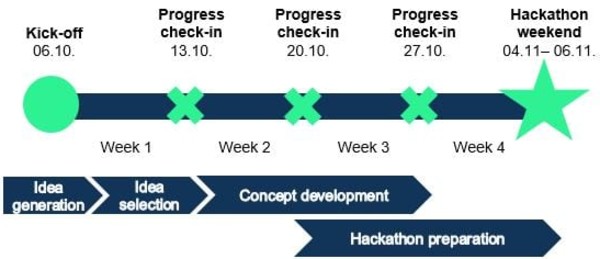
-
Highlight of the event will be the on-site 3 days hackathon hosted in the Munich Urban Colab's workshop area. Based on all previous conceptual work and preparations, you have the chance to build and program your solution up to a working prototype. With on-site mentors and experts around, you can leverage the combined knowledge present at that weekend, bringing your solution to the next level. On Sunday 6 November, every team presents their concept and prototype in front of a top-class robotics jury that will award the winning teams.
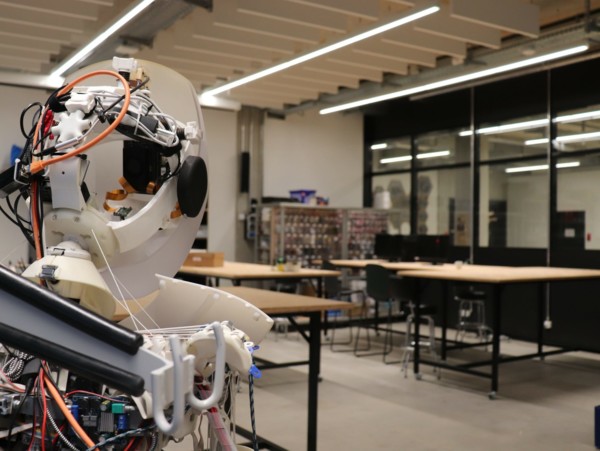
hackathon challenges

#01
Omegga's eggtection
Omegga develops an optical, non-invasive solution for the
in-ovo sexing of chicken embryos before the emergence of pain-perception (incubation day 7) and provide hatcheries a legal alternative to the resource intensive raising of male chickens and save millions of male chicks from being killed right after hatching. Since several thousand eggs need to be scanned multiple times per day, we are searching ways to automate the scanning process. The eggs are positioned on tiltable trays within a trolley, on each tray lay dozens of eggs and there are several trays on a trolley.
Your task is to find an automation solution that can scan the eggs for male chicken embryos with high speed and ultimate precision.
in-ovo sexing of chicken embryos before the emergence of pain-perception (incubation day 7) and provide hatcheries a legal alternative to the resource intensive raising of male chickens and save millions of male chicks from being killed right after hatching. Since several thousand eggs need to be scanned multiple times per day, we are searching ways to automate the scanning process. The eggs are positioned on tiltable trays within a trolley, on each tray lay dozens of eggs and there are several trays on a trolley.
Your task is to find an automation solution that can scan the eggs for male chicken embryos with high speed and ultimate precision.
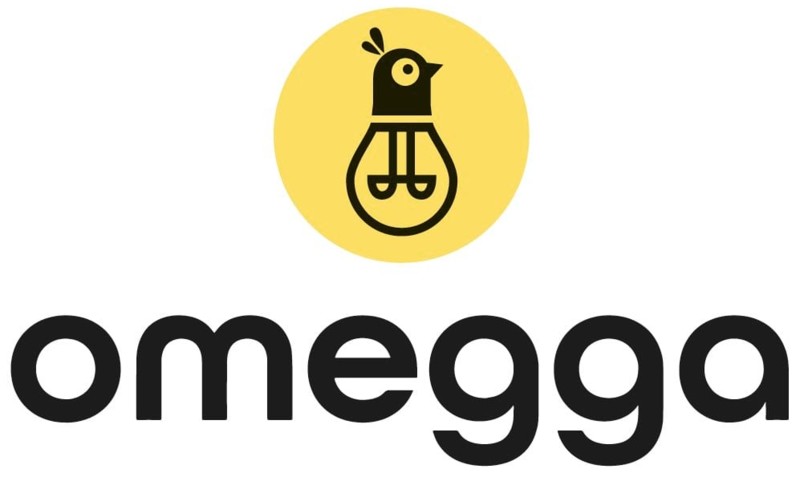

#02
Continental's picking perfection
Continental produces millions of parts every year and is world-leading in automating large parts of their value chain. However, due to the diversity and speed of change among their parts, the automated picking and placing of parts and their packages is still hard to implement. Especially parts stored in random positions impose severe challenges for an easy-to-deploy automated handling.
Your task is to teach a robot arm and camera setup the automated emptying and sorting of small parts stored in a bucket.
Your task is to teach a robot arm and camera setup the automated emptying and sorting of small parts stored in a bucket.


#03
Infineon's radar revolution
Robust presence sensing still is one of the key difficulties in developing robotics solutions for human environments. Infineon's challenge aims to solve the presence sensing problem by using Infineon's FMCW Radar sensor. The system should say presence when a person(s) appears in front of the radar; otherwise, absence. Critical for the solution is the identification of ghost targets and/or clutters that may produce similar motion frequencies as humans. Solving that will foster the implementation of radar perception in robotics use cases, e.g., for autonomously working robots that need to start working when no human is present.
Your task is to create great ideas to solve the presence sensing problem in a robust way and potentially link it to a use case of your choice.
Your task is to create great ideas to solve the presence sensing problem in a robust way and potentially link it to a use case of your choice.
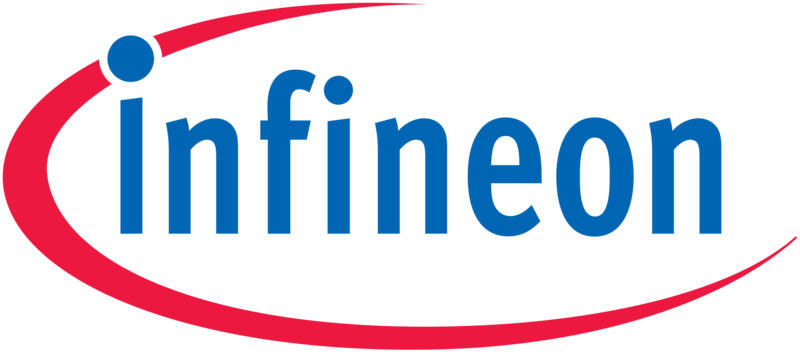

#04
Siemen's Glove of Truth
Siemens not only provides industrial automation but also cutting edge IoT solutions. Among them, Siemens already developed an initial prototype of a remotely controllable robotic hand with force feedback and sense capabilities. However, the prototype is just a starting point that can be enhanced with further sensors or a deeper integration with virtual environments.
Your task is to further evolve the robotic hand, its control and sensing for applications in the virtual and real world.
Your task is to further evolve the robotic hand, its control and sensing for applications in the virtual and real world.


#05
TUM & HORYZN's WaterWasp
The adequate watering of (indoor) plants still imposes a significant challenge for many households. Especially in times of absence, asking neighbors or friends can lead to disappointing results when returning. Existing solutions like pipes leading water to plants or water reservoir attached to the plant pot lack flexibility or integrability.
Your task is to develop a drone-based solution to autonomously water indoor or outdoor plants.
Your task is to develop a drone-based solution to autonomously water indoor or outdoor plants.


Register for grand finale!
Registration
Be there when the teams present their robotics solutions to the selected jury on 6 November.
Hackathon location
Munich Urban Colab (MUCL)
Freddie-Mercury-Str. 5
80797 Munich
Germany
Q&A
No answer to your question? Write to us.

-
We provide you the chance to get creative and solve a real-world problem with applied robotics solutions that may kickstart your own business ideas, increases your enthusiasm for robotics and presents you exciting companies. Participating companies provide material and equipment to get you started as quick as possible to conceptualize and physically build an program your own robotics solution. At the end of the event the ideas, and ideally the prototypes, are pitched to and judged by a jury.
-
Just a good deal of motivation to build something and a bit of time - you need to be able to participate in the kick-off (October 6, full day) and the hackathon (November 4-6, half Friday, full Saturday, half Sunday). During the concept phase, we do not expect anyone to work full-time on the challenge and solutions. However, we estimate a few hours of weekly work required for the concept development and progress check-ins to develop a sufficiently detailed solution that can be physically realized during the hackathon weekend.
-
Every participating company that defined a challenge will also provide mentors and experts to support you. According people will also join the kick-off and the hackathon weekend. On top, every mentor will block dedicated time each week for individual teams to present their solutions, challenges and questions for discussion and input.
-
When registering, you can state your preferences among the presented challenges. After aggregating all applications, we will assign every team and individual applicants as close as possible to their highest preferences while also trying to balance applicants per challenge and to address every challenge. For that reason, we cannot guarantee everyone to get their highest preference.




